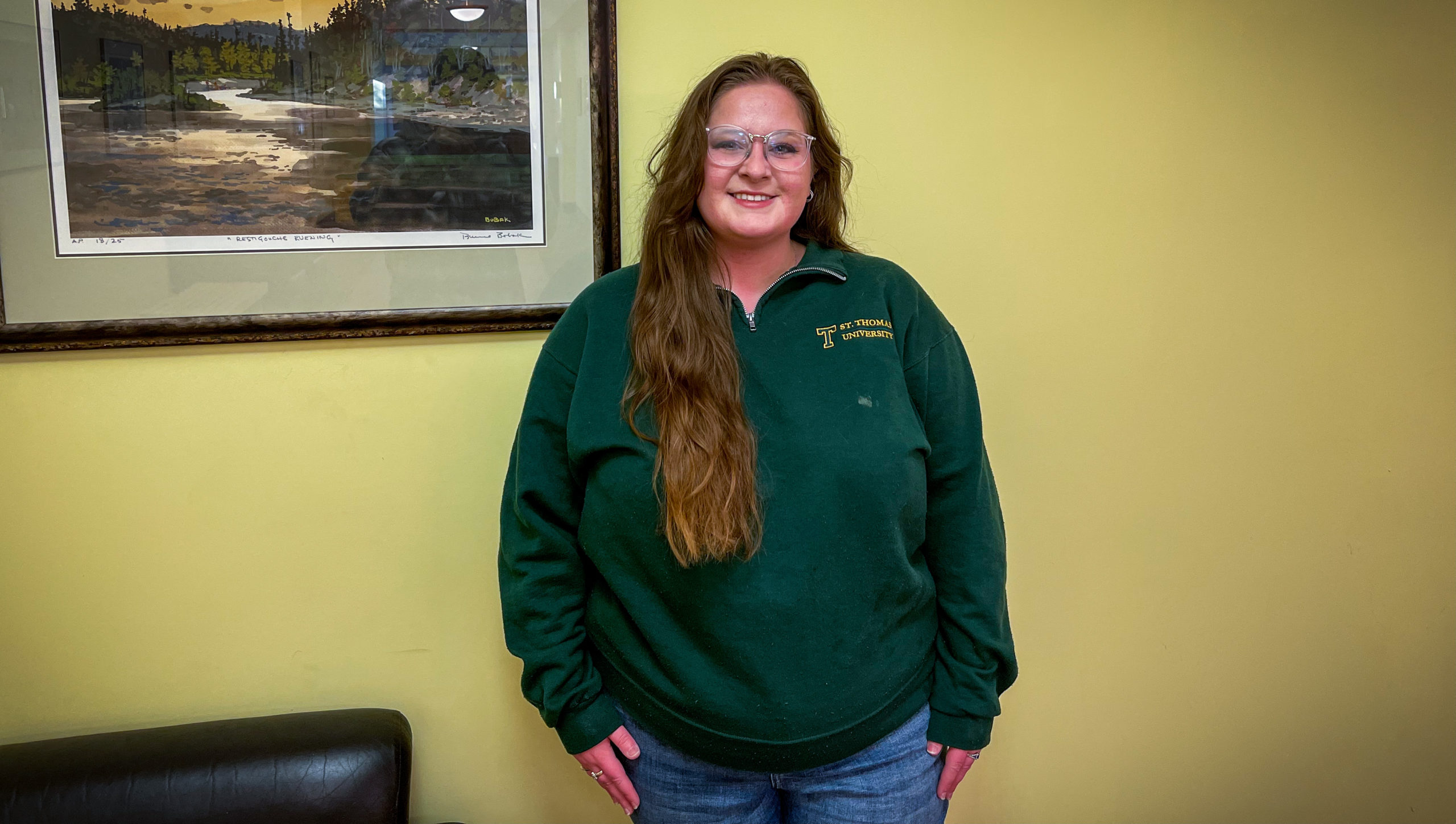A new report by Statistics Canada shows 65.4 per cent of Canadian post-secondary students collected emergency financial supports offered by the federal government during the COVID-19 pandemic.
The federal government created the Canada Emergency Response Benefit (CERB) and the Canada Emergency Student Benefit (CESB) for anyone who stopped working or worked fewer hours because of the pandemic.
Lauren Acorn, a student at St. Thomas University, collected CERB when her old school in Nova Scotia, Université Sainte-Anne, closed because of the pandemic.
“I didn’t have a job and I had to move again,” said Acorn. “Having that extra $2,000 was great.”
The federal government made CERB available from March 15 to Sept. 16, 2020. Applicants received $2,000 for a four-week period and could apply for more money for up to 28 weeks, or a maximum of $14,000.
Ottawa then introduced CESB, which ran from May 10 to Aug. 29, 2020, for post-secondary students who were ineligible to collect CERB or Employment Insurance.
Students received $1,250 for a four-week period and could apply for additional funding for up to 16 weeks or a total of $5,000.
The government would top-up payment to $2,000 per period, or a maximum of $8,000, for people with disabilities or dependants.
CESB covered an area that CERB missed, which included students who worked seasonal summer jobs.
The Labour Force Survey in March 2019 showed 69 per cent of people between 20 and 24 were full-time students who worked in the summer and planned to return to school in the fall.

After Acorn collected CERB, she got a notice in April 2022 notifying her about an unpaid debt of $2,000.
It was then that she learned she was not actually eligible for CERB.
“It was terrifying,” said Acorn.
Acorn paid the money out of pocket and had to work two jobs this past summer to make up for that.
She then sent additional paperwork to the government to try and get CESB, waiting months to hear back.
It wasn’t until this month that Acorn received CESB benefits with a top-up for a person with a disability.
Although the money came late, Acorn used it to pay for tuition.
“It was a huge weight [off my shoulders],” she said.
“I have a little more in my savings account. I feel a bit more secure in my position.”
Isaiah Wilkinson, a fourth-year political science and philosophy student at the University of New Brunswick, said he took the opportunity to collect CESB.
“I was personally at an okay spot,” said Wilkinson. “[I] and my girlfriend at the time had less concern for our rent.”
Wilkinson has not had to pay back any of his benefits as that only applied to recipients who were overpaid or received benefits for which they did not qualify.
Wilkinson said he wishes he applied for more COVID-related benefits because he thinks it was close to a universal basic income, an idea that suggests people should receive a guaranteed payment from the government without work.
Wilkinson also believes the emergency benefits were good for stimulating the economy.
“If you give money to regular people … that money actually gets circulated in the economy,” he said.
“We’re one of the richest countries in the world and we should probably act like it.”

